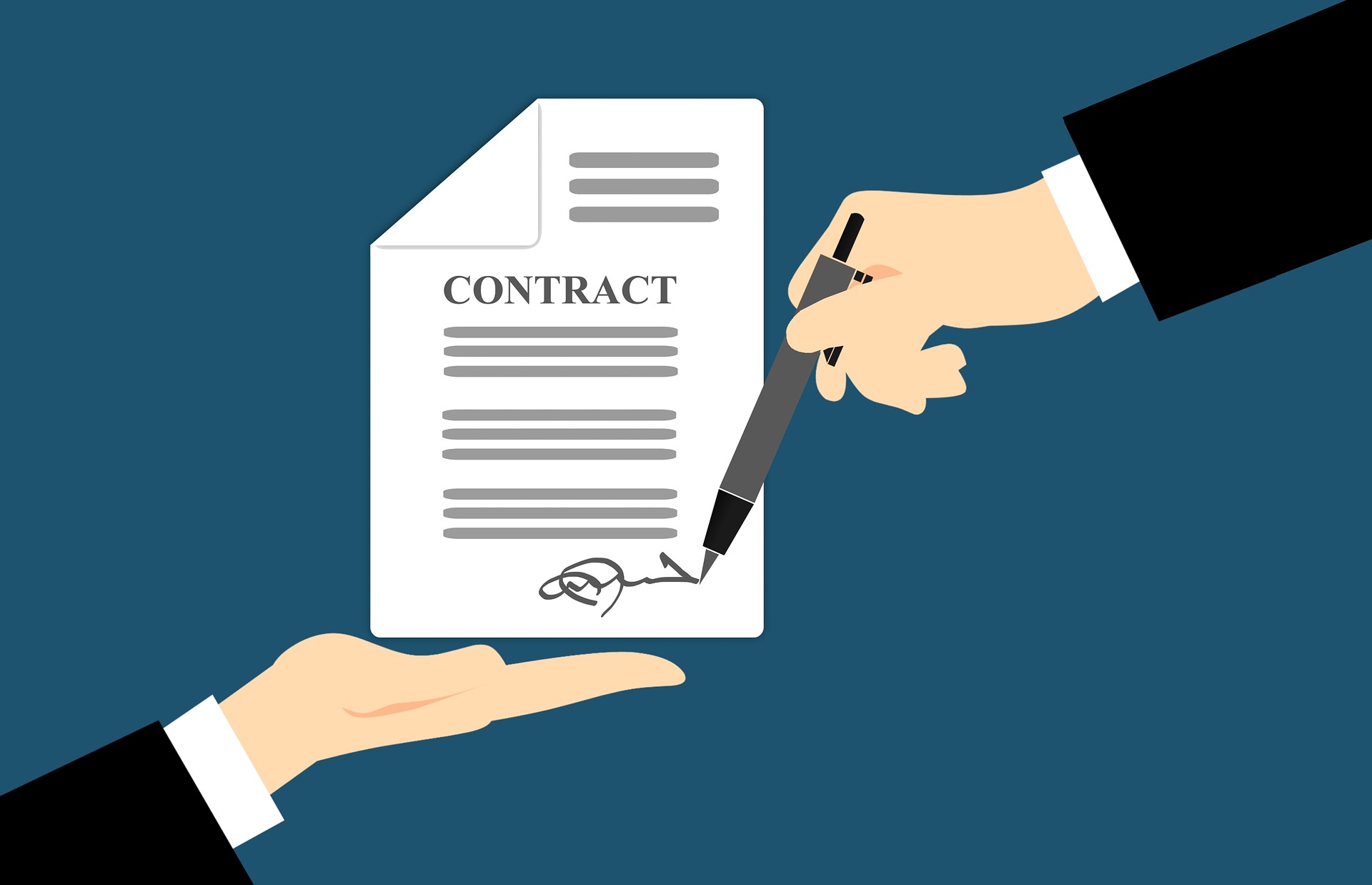
"In practice, that means finding and addressing process inefficiencies rather than simply cutting corners. If low-risk clauses consistently cause negotiation delays, then standardizing or preapproving those terms can free up time for the team to focus on higher-impact issues. This is where contract data comes into play. Without visibility into where deals stall, legal teams are left relying on anecdote instead of evidence."
"Using Contract Data To Focus Negotiation Energy Ganesan makes a point of tracking where delays occur in the contracting process and sharing that data with the business. "It busts the myth that legal is the bottleneck," she explains. By showing turnaround times and pinpointing where deals actually slow down, legal can shift the conversation from blame to solutions. For teams that want to move beyond firefighting, this is a critical step. Contract data can identify the clauses that are negotiated most often and quantify the cost"
In-house legal teams should manage resources to increase value without compromising quality. Streamlining contracting requires fixing process inefficiencies rather than sacrificing safeguards. Standardizing or preapproving routinely negotiated, low-risk clauses frees legal time for higher-impact issues. Tracking contract data reveals where deals stall and quantifies negotiation friction, shifting conversations from blame to evidence-based solutions. Sharing turnaround metrics with the business helps prove where delays occur and enables legal to focus negotiation energy on clauses that materially affect outcomes and costs.
Read at Above the Law
Unable to calculate read time
Collection
[
|
...
]